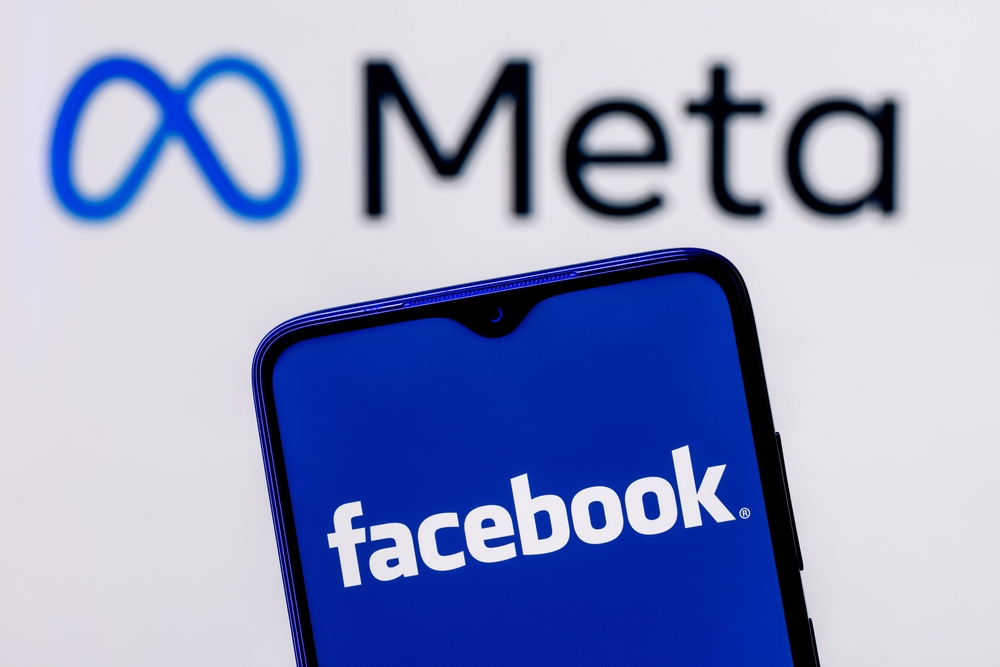In a recent blog post, Meta disclosed information about how its AI systems rank content for its users. They’re introducing new tools to give users more control over what they see.
These AI systems, called recommendation systems, combine multiple variables to determine what content to show and to whom. Colloquially, they’ve become known as ‘social media algorithms’ or just ‘algorithms.’
According to Nick Clegg, VP of Global Affairs at Meta, Meta’s systems recommend content based on the user’s activity and preferences. The systems, he explained, use a variety of signals and predictive models to determine which posts to show a user.
Meta has published 22 system cards for Facebook and Instagram. These cards provide insights into how Meta’s AI systems rank content, the kinds of predictions they make, and the controls users can employ to customize their experience.
In addition to the system cards, Meta is also disclosing the types of inputs or “signals” their models use. These signals and predictions are available in the Transparency Center, alongside information about how frequently they are used in the ranking process.
Meta also uses these signals to detect and remove harmful content, as well as to reduce the distribution of problematic or low-quality content in line with the company’s Content Distribution Guidelines.
Facebook users can view details of why certain content was deemed relevant to them and the types of activity and inputs that may have influenced that prediction.
This feature will be expanded to Instagram Reels and Facebook Reels in the coming weeks.
Moreover, Meta is developing tools to enable users to better personalize their experience on the apps. On Instagram, a new feature is being tested that allows users to indicate interest in a recommended reel, guiding the algorithm to show more similar content. A “Show more, Show less” feature is available on Facebook, enabling users to clamp down on recommended content they don’t want to see.
In the post, Clegg, a former British political leader, highlighted that Meta had released over 1,000 AI models, libraries, and datasets for researchers in the past decade. In the coming weeks, the company will launch a new suite of tools: Meta Content Library and API.
This will allow researchers from qualified academic and research institutions to access data from public posts, pages, groups, and events on Facebook, as well as some data from Instagram.
Are Meta’s intentions genuine?
Meta provided a technical blog post discussing how their algorithms work, including real-time responsiveness and “cold starts,” where recommendation systems first interact with new users.
The AI-powered Show More/Show Less feature is effective, and Meta encourages more users to try it to curate their feeds.
Meta has taken a ‘transparent turn’ in recent years, possibly resulting from a record GDPR fine, the Cambridge Analytica scandal, and a steady exodus of users from their platforms – particularly Facebook.
Meta ‘leaked’ an open-source AI model, LLaMA, and seems to be developing more open-source AIs to unveil to the public.





